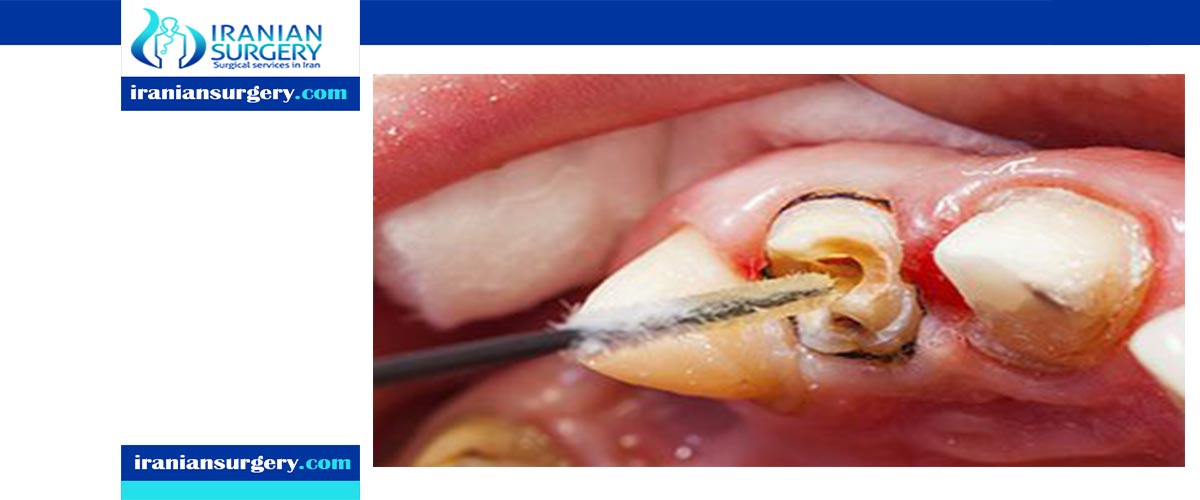Pain after root canal

Pain after root canal
Overview
A root canal is a major procedure, so pain after a root canal is normal. A root canal involves deep cleaning inside the canals (the inner chamber of the root) of your tooth, which can in turn irritate surrounding nerves and gums.
The pain shouldn’t last forever. In fact, a root canal is meant to help you avoid pain related to a decaying or fractured tooth. It’s normal to experience mild to moderate pain for a few days after a root canal. Any pain beyond this point may warrant additional cleaning of the canals or other procedures from your dentist.
Read more about : Gingivectomy
How long will pain last after root canal?
Most people associate having a root canal with a lot of pain and discomfort. However, while most people can expect some discomfort during and after a root canal procedure, excessive pain is not normal.
Modern technology and the use of anesthetics make this procedure quick, safe, typically pain-free, and an excellent way to help save the natural tooth.
However, to avoid needing root canal treatment, anyone who has a toothache should see a dentist promptly to prevent any infection from getting worse, forming an abscess, or spreading throughout the tooth root system.
Fast facts on pain after a root canal:
- A root canal will treat the diseased tissue (pulp) while preserving the rest of the tooth.
- A person will be given anesthetic before the procedure, so it is usually no more painful than a typical dental filling.
- If a root canal fails, redoing it can fix the problem.
Numbing and Medication
According to the research, most patients feel little to no pain while a root canal is being performed. Before the procedure is done, the tooth and surrounding area are numbed to prevent the sensation of pain. For a few days after the treatment, expect some pain and sensitivity. Your endodontist will recommend over-the- counter pain relievers like aspirin or ibuprofen, or he will give you a prescription pain medication to ease any temporary discomfort. Pain that doesn't clear up after a few days or that returns months or even years after a treatment is not normal and could be a sign of a new infection. If this happens, let your dentist know right away.
Are root canals painful? With local anesthesia, the actual procedure is not painful. Needing a root canal, however, can cause some discomfort. While the thought of having to get a root canal may put you on edge, the treatment itself is a solution to a problem. Once you tooth is treated, take excellent care of your smile with daily brushing and flossing and be sure to see your dentist regularly.


